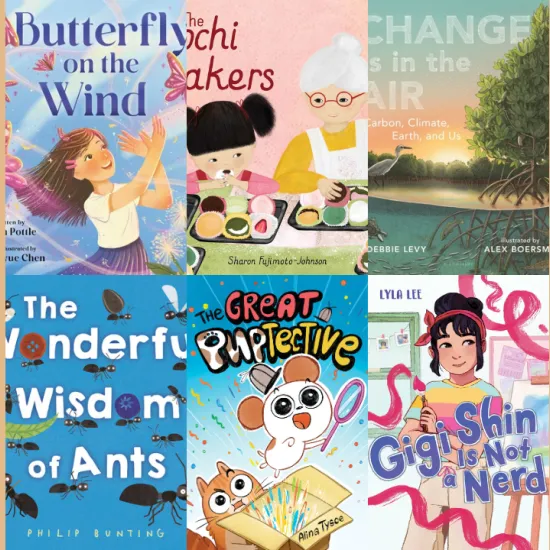- Thomas M.
- Wednesday, July 21, 2021
The essay portion of a college application could be the factor that tips the admissions counselors from rejection to acceptance. That's a lot of pressure, but we have plenty of tips and resources to help you.
1. Remember that this essay represents you.
Keep in mind how your college application essay is different from an SAT essay. The SAT essay is written in a pressure cooker, timed and composed in the moment. The college application essay has time to go through revision and refinement. It should be thoughtful, thorough, and precise. It’s also the best opportunity to let your personality shine. Grades and clubs look good on an application, but the essay says the most about who you are. This is where you get to highlight your qualities that a form doesn’t cover.
2. You don’t have to write something no one’s ever read.
This tip is for a specific kind of student who needs a reminder that writing an essay that stands out is not the same as writing a mind-blowing work of art that is quoted until the end of time. It’s okay if someone else’s essay says something similar to yours. A standard Introduction, Body, Conclusion structure is fine, as long as you say what you mean to say. It’s good to stand out, but you also don’t know who will end up reading your essay.
3. When in doubt, brainstorm it out.
Set a timer for three minutes and write whatever comes to mind concerning the essay question. If your thoughts wander, let them. If you become focused on a topic and can’t stop writing ideas around it, keep going. Once time is up, look back at what you wrote and highlight any people, places, actions, and ideas. Ask questions about them. What was the impact of that event? Why was that person there? What is important about that place? The answers may connect dots you weren’t even trying to find.
4. Get a second opinion (and third, fourth…).
As you write and revise your essay, you may get to a point where you think you’re done. Congratulations! Now get a second opinion. Ask a friend, family member, teacher, guidance counselor, Richland Library Teen Center staff, a live Tutor.com educator, someone what they think of your essay. At the least, they will probably spot your typos better than you would. At the most, they will point out strengths and weaknesses so that you can make your essay even better.
5. Understand what an open-ended question is really asking.
Many college essay questions are open-ended, meaning they leave the whole response up to you. “Tell us about a teacher who had a significant impact on your development.” “How does University X meet your personal goals?” “What kind of project do you enjoy working on the most?” You could write an honest, one-sentence response, but it would not work. College admissions readers are looking for evidence of your character, logic, vocabulary, observational skills, and participation in your community. If you're feeling stuck for material, imagine an essay full of negatives with no upside: “I hate learning anything, nobody likes me and I don’t like them, I sit in my room all day feeling bored, and your university sounds horrible.” What can you say to counteract each of those ideas?
In addition to these tips, take a look at Learning Express for more guidelines on crafting your best college admissions essay. You can also call 803-929-3470 to set up a one on one appointment with a Teen Center professional.


